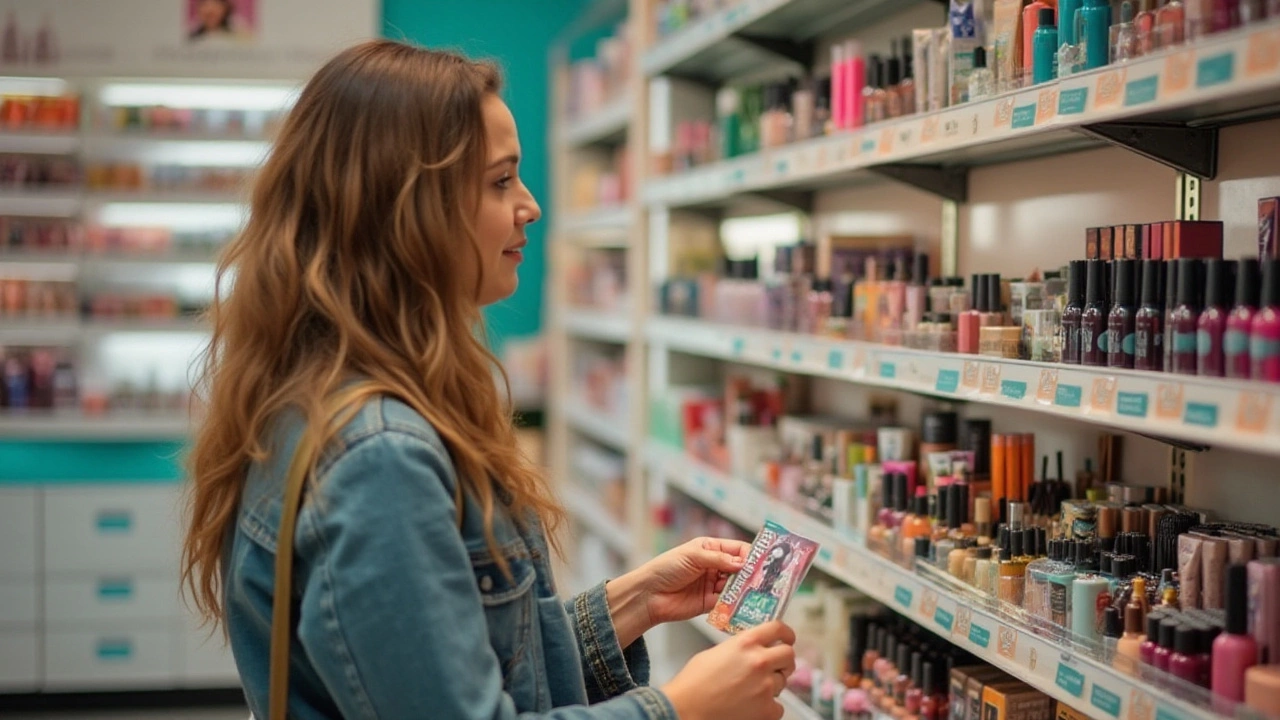Drugstore Brands: Your Guide to Budget Beauty
When you hear “drugstore brands,” you probably think of the shelves at your local pharmacy – the places that sell makeup, moisturisers, and hair care for a fraction of the price of high‑end lines. The good news? Many of those products actually deliver solid results. In this guide we’ll break down what makes drugstore brands reliable, which names consistently get good reviews, and how to pick the right one for your skin type or beauty goal.
Why Drugstore Brands Work
First off, drugstore companies have to meet the same safety regulations as luxury brands, so you’re not sacrificing safety for price. They often use the same core ingredients – think hyaluronic acid, niacinamide, or vitamin C – but in smaller concentrations or simpler formulas, which keeps costs low. Because they sell in massive volumes, they can also negotiate better deals with ingredient suppliers, passing the savings straight to you.
Another perk is accessibility. You can grab a new cleanser or lipstick while picking up groceries, try a sample in the store, and swap products on the fly. This immediacy encourages experimentation without the commitment of a pricey full‑size purchase.
Top Drugstore Brands to Keep on Your Radar
Cetaphil is a go‑to for sensitive skin. Their gentle cleansers and moisturisers have been recommended by dermatologists for years, and they rarely cause breakouts.
The Ordinary offers science‑backed actives at rock‑bottom prices. A few drops of their niacinamide serum can calm oiliness, while the “Buffet” peptide blend targets early signs of aging.
L'Oréal Paris covers everything from hair colour to foundation. Their products often score high in performance tests, making them a solid pick for everyday wear.
Maybelline and Revlon dominate the makeup aisle with mascaras, foundations, and lipsticks that perform well in real‑world conditions – think humidity, long days, and coffee spills.
Don’t overlook Neutrogena for sunscreen and anti‑aging creams. Their broad‑spectrum SPF 50 sunscreens are lightweight enough for daily use and don’t leave a white cast.
These brands are just a starter list; many smaller labels pop up with cult‑favorite products, so keep an eye on online reviews and beauty forums.
How to Choose the Right Drugstore Product
Start with your skin type. If you’re oily, look for oil‑free or gel‑based formulas with salicylic acid. Dry skin benefits from richer creams that contain ceramides or glycerin. For combination skin, a balanced cleanser followed by a lightweight moisturizer usually works.
Read the ingredient list. Avoid heavy fragrance if you have sensitivity, and watch for comedogenic numbers if you’re prone to breakouts. A short list of recognizable actives (like retinol, vitamin C, or peptides) is a good sign of efficacy.
Check the expiration date. Drugstore products often have a shelf life of 12–24 months once opened, so note the PAO (period‑after‑opening) symbol on the packaging.
Finally, test it out. Many stores have sample stations; swatch a foundation, dab a serum on the jawline, or try a lipstick on your hand before committing.
By focusing on these simple steps, you can build a full‑size routine without splurging on luxury labels. Remember, the secret isn’t the price tag – it’s consistency, the right ingredients, and a little patience.
So next time you stroll past the drugstore aisle, don’t brush it off. With the right know‑how, those shelves hold a treasure trove of products that can keep your skin glowing and your makeup looking fresh – all while keeping your wallet happy.

